10 Research Report: China's Carbon Neutral Technology Development Roadmap released
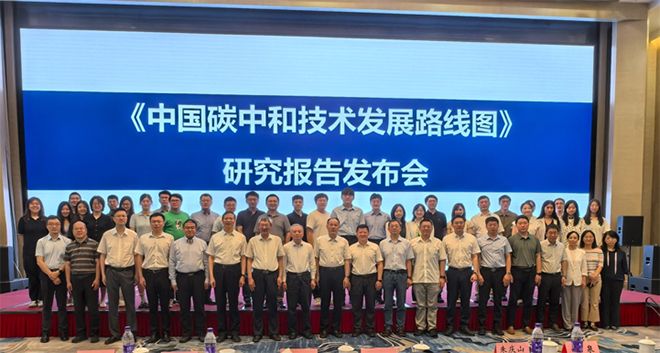
The development of China's carbon neutrality technologies exhibits three key characteristics:
1. Technology maturity: Overall at a relatively low level, with only about 20% of key technologies reaching commercial application.
2. Economic viability: Around 80% of current emission reduction technologies increase product costs, with 35% of these technologies raising costs by more than 50%.
3. Co-benefits: Most technologies deliver multiple benefits, including pollutant reduction, energy security enhancement, and ecological restoration.
The report outlines dominant technological pathways for different phases: Before 2035, energy efficiency improvements will play a major role in emission reduction; from carbon peaking to 2050, zero-carbon electricity and fuel substitution technologies will significantly increase their contribution; after 2035, carbon capture, utilization, storage (CCUS), and carbon removal technologies will become increasingly prominent. (The Administrative Center for China's Agenda 21)
09 "Partnership Plan" for Recycling Waste Mobile Phones launched
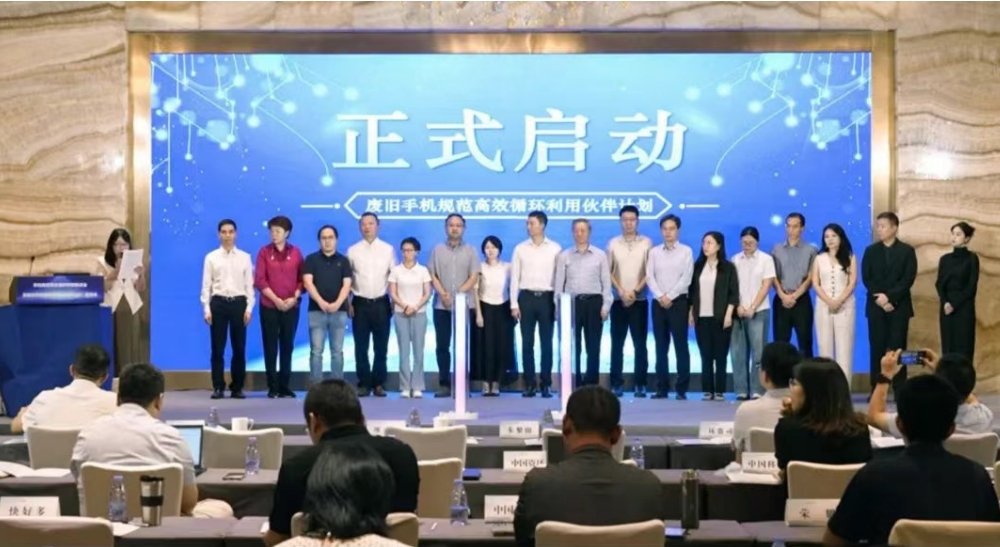
On July 18, the China Association of Circular Economy and China Resources Recycling E-Electronics Co.,Ltd., along with three major telecom operators, smartphone brands, second-hand trading platforms, and recycling companies (20 in total), jointly launched the "Partnership Plan" for Recycling Waste Mobile Phones. The initiative aims to enhance industrial collaboration across the supply chain, drive business model innovation, strengthen standards, streamline the recycling process, and establish a regulated, efficient recycling system to promote healthy industry development. Additionally, the China Association of Circular Economy released the Joint Initiative on Standardized and Efficient Recycling of Waste Mobile Phones, outlining nine specific action areas.(China Association of Circular Economy)
08 Regulations on the Construction of the National Innovation Demonstration Zone for Sustainable Development in Hainan Tibetan Autonomous Prefecture approved
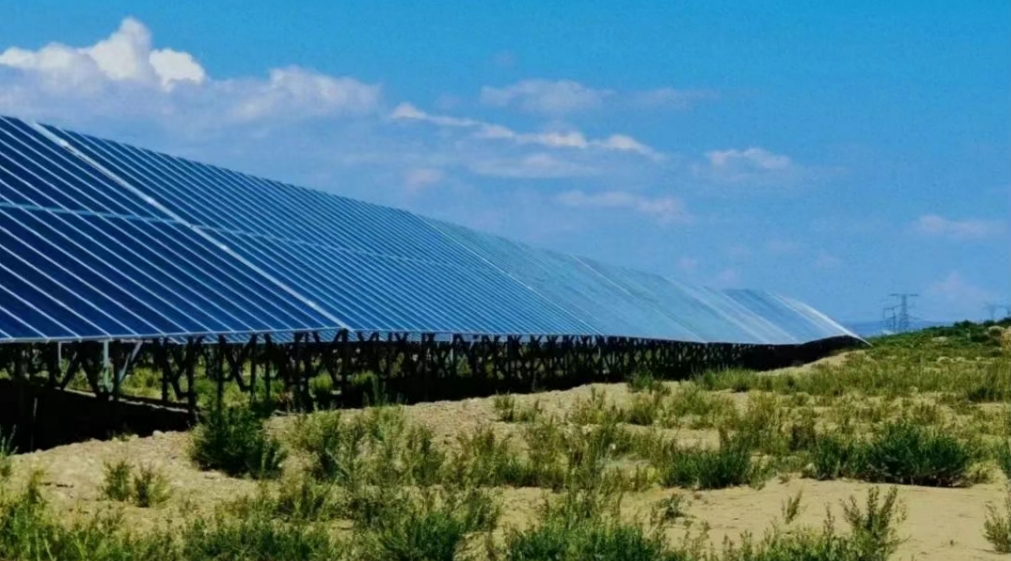
On July 25, the 16th meeting of the Standing Committee of the 14th Qinghai Provincial People's Congress reviewed and approved the Regulations on the Construction of the National Innovation Demonstration Zone for Sustainable Development in Hainan Tibetan Autonomous Prefecture. The regulations consist of seven chapters and 54 articles, covering general provisions, ecological protection and governance, eco-friendly industrial development, livelihood improvement, sci-tech innovation support, safeguards and supervision, and supplementary provisions.
These regulations will serve as the institutional foundation for the demonstration zone, providing legal enforceability for ecological protection and industrial synergy while transforming practical experiences into institutional innovations for sustainable development.(People's Daily)
07 The G20 Development Ministerial Meeting held in South Africa
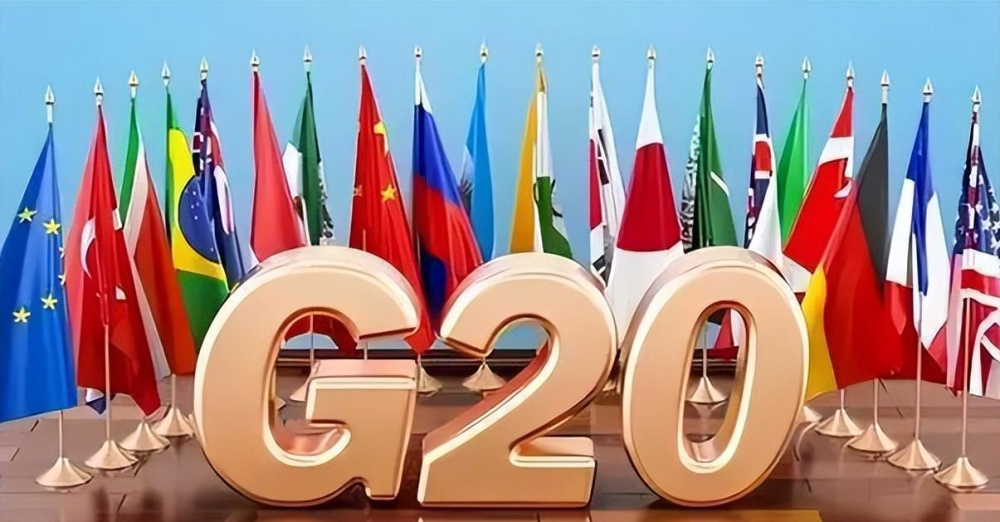
The G20 Development Ministerial Meeting under South Africa’s Presidency took place in Skukuza, Kruger National Park from July 24-25, 2025. Tang Wenhong,Chinese Assistant Minister of Commerce, said that China supports the G20 Development Ministerial Meeting in reaffirming its commitment to the 2030 Agenda for Sustainable Development and hopes that G20 members will strengthen cooperation to help developing countries accelerate progress toward sustainable development goals. The meeting adopted the G20 Skukuza Development Ministerial Declaration and outcome documents such as the Ministerial Call to Action: Towards Inclusive, Resilient and Sustainable Development through Universal Social Protection Systems with special priority on Social Protection Floors. (The Paper)
06 Nine Chinese cities awarded Wetland City Accreditation

On July 24, at the opening of the 15th Meeting of the Conference of the Contracting Parties to the Ramsar Convention on Wetlands (COP15) in Victoria Falls, Zimbabwe , nine Chinese cities received "Wetland City" accreditation. This brings China's total number of internationally recognized wetland cities to 22, maintaining its position as the global leader. The newly accredited cities include:Chongming (Shanghai),Dali (Yunnan),Fuzhou (Fujian),Hangzhou (Zhejiang), Jiujiang (Jiangxi),Lhasa (Xizang),Suzhou (Jiangsu),Wenzhou (Zhejiang), and Yueyang (Hunan). (Xinhua News Agency)
05 China’s guide of eco-design for furniture released

On July 24, China’s State Administration for Market Regulation (National Standardization Administration) approved and released the Guide of Eco-Design for Furniture (GB/T 45918—2025), which will take effect on January 1, 2026.
The standard integrates eco-design principles into the entire lifecycle of furniture products, specifying detailed requirements for each stage—from raw material sourcing, manufacturing, and transportation to usage, maintenance, and end-of-life recycling. It aims to reduce the potential impact of furniture on human health and the ecological environment while promoting the industry's transition toward green and sustainable development.
(CCTV News)
04 2024 National Development Bulletin on Aging released
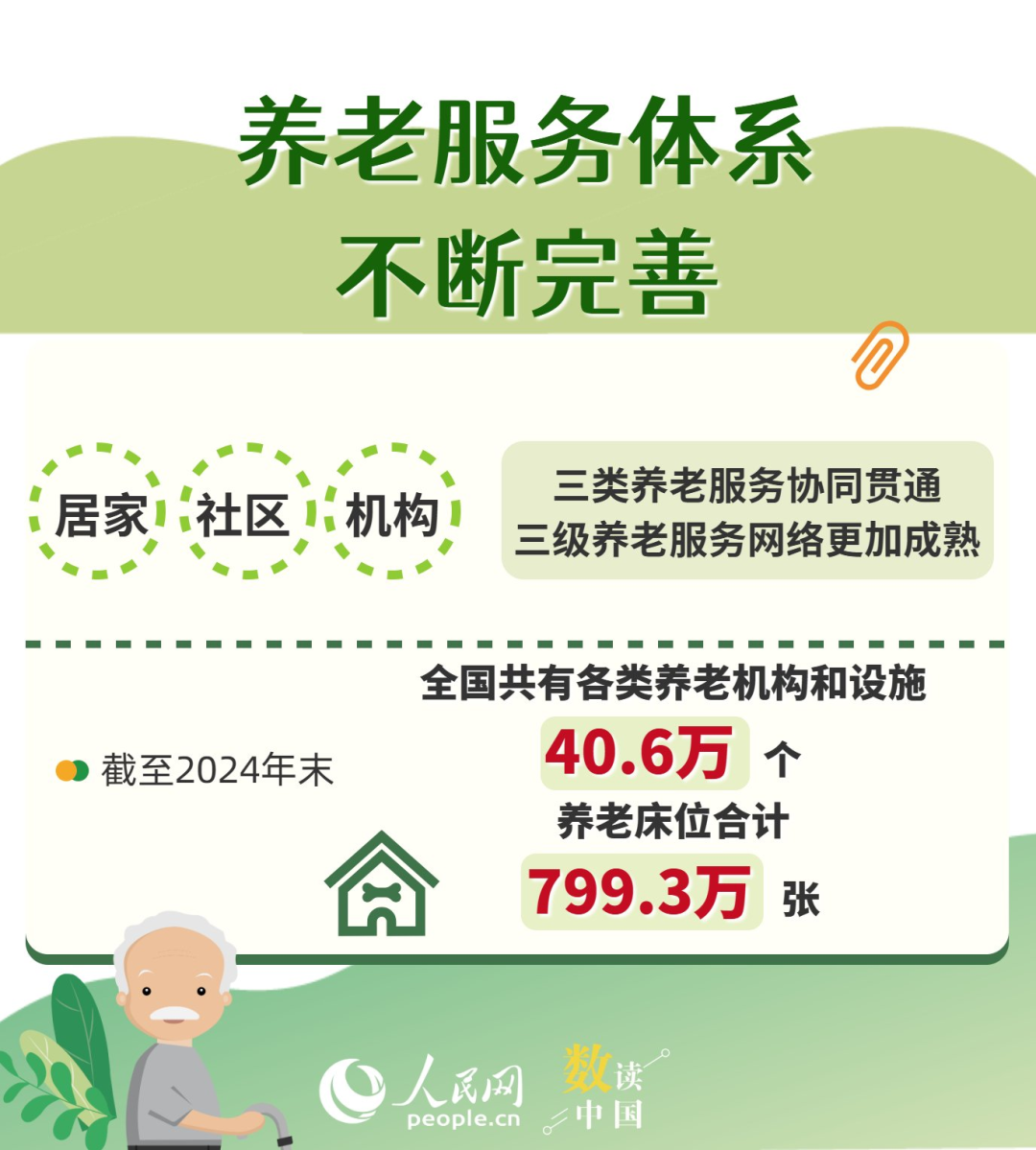
On July 25, China’s Ministry of Civil Affairs and the Office of National Council on Aging issued the 2024 National Development Bulletin on Aging. The report shows that by the end of 2024, China’s population aged 60 and above reached 310.31 million, accounting for 22.0% of the total population, with the national average life expectancy rising to 79.0 years.
Key highlights include: Long-term care insurance pilot programs covered 187.86 million people across 49 cities, with over 1.46 million beneficiaries.The central government allocated 7.59 billion yuan in 2024 to support 202 elderly care facility projects, including integrated medical and elderly care services.141 million seniors aged 65+ received health services at primary medical institutions. 77,600 new businesses related to elderly products and services were registered, and 34 national standards for age-friendly design were issued.(China Society News)
03 Five departments launch "Elderly-Friendly Products Promotion" Initiative
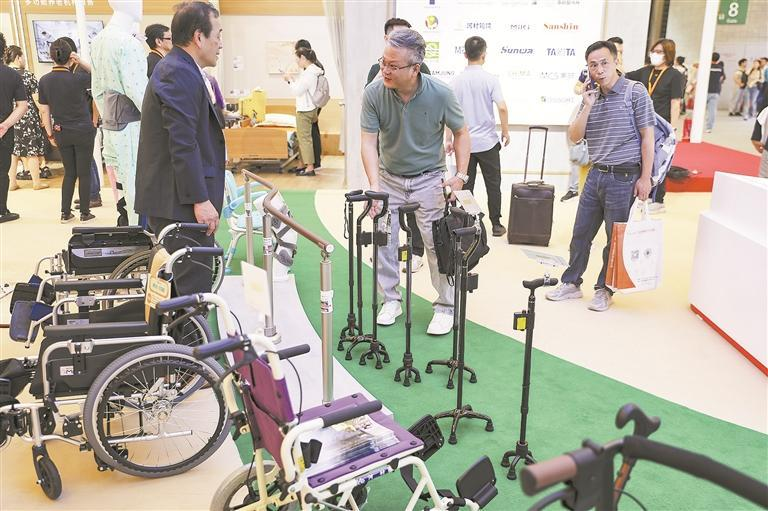
On July 23, the Ministry of Industry and Information Technology (MIIT), along with the Ministry of Civil Affairs, Ministry of Commerce, People’s Bank of China, and State Administration for Market Regulation, launched a six-month "Elderly-Friendly Products Promotion" campaign for 2025.
The initiative aims to build a database on elderly behavior patterns to guide product innovation; encourage cutting-edge R&D in smart health monitoring, assistive devices, and age-friendly home technologies;establish a preferred supplier list for elderly products and implement tiered enterprise cultivation; accelerate standardization in elderly care, daily aids, smart wearables, and health monitoring devices.(Xinhua)
02 New regulations on local officials’ ecological accountability issued

On July 18, the General Offices of the Communist Party of China Central Committee and the State Council released the Provisions on the Ecological Protection Accountability of Local Party and Government Leaders (Trial), marking another key Party regulation in China’s environmental governance. The document clarifies duties for seven categories of local officials, including provincial and municipal leaders, ecological and environmental department heads, and other key personnel. It ensures full coverage of environmental oversight across all sectors and processes, and strengthens accountability mechanisms to enforce ecological protection policies at all levels.(China Youth Daily)
01 China and EU issue the joint statement on climate change
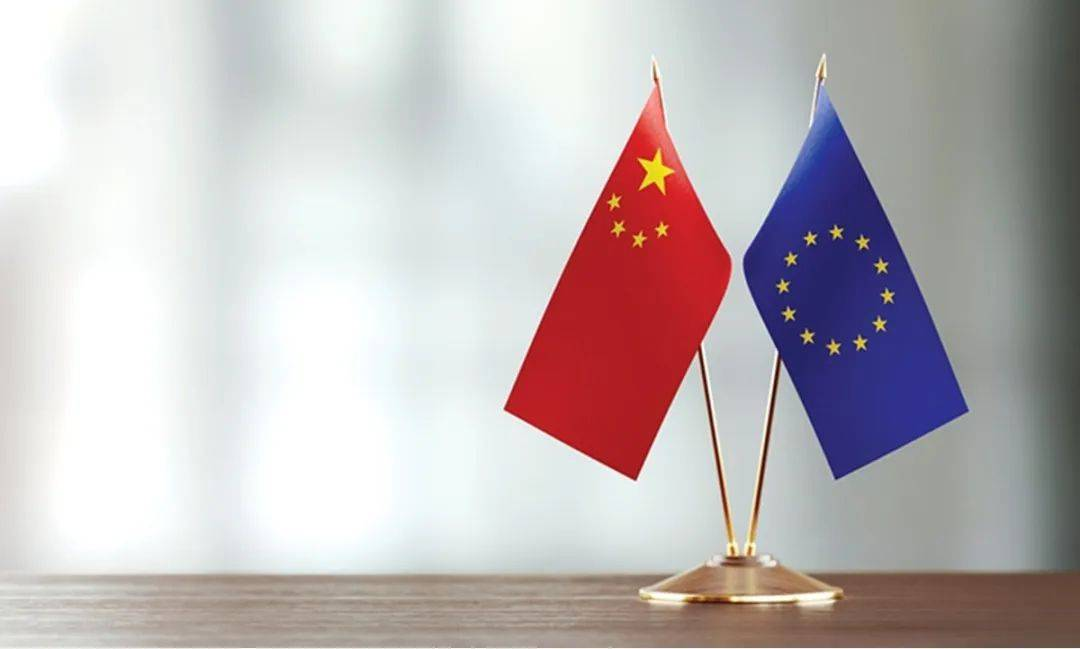
On July 24, following the 25th China-EU Summit, the two sides jointly issued the Joint Statement on Climate Change, The two sides agree to demonstrate leadership together to drive a global just transition in the context of sustainable development and poverty eradication and are committed to:
1. Upholding the central role of the UNFCCC and the Paris Agreement and fully and faithfully implementing their goals and their principles;
2. Strengthening results-oriented actions, and turning their respective climate targets into tangible outcomes through systematic policies and concrete actions and measures;
3. Working with all parties to support Brazil in hosting a successful 30th Conference of the Parties to the UNFCCC (COP30) and promoting ambitious, equitable, balanced and inclusive outcomes of the conference;
4. Accelerating the global renewable energy deployment and facilitating the access to quality green technologies and products, so that they can be available, affordable and beneficial for all countries, including the developing countries;
5. Enhancing adaptation efforts and support, in order to accelerate swift action at scale and at all levels, from local to global;
6. Submitting before COP30 their respective 2035 NDCs covering all economic sectors and all greenhouse gases and in alignment with the long-term temperature goal of the Paris Agreement; and
7. Enhancing bilateral cooperation in such areas as energy transition, adaptation, methane emissions management and control, carbon markets, and green and low-carbon technologies to drive their respective green and low-carbon transition processes together.(CGTN)











 Back
to top
Back
to top